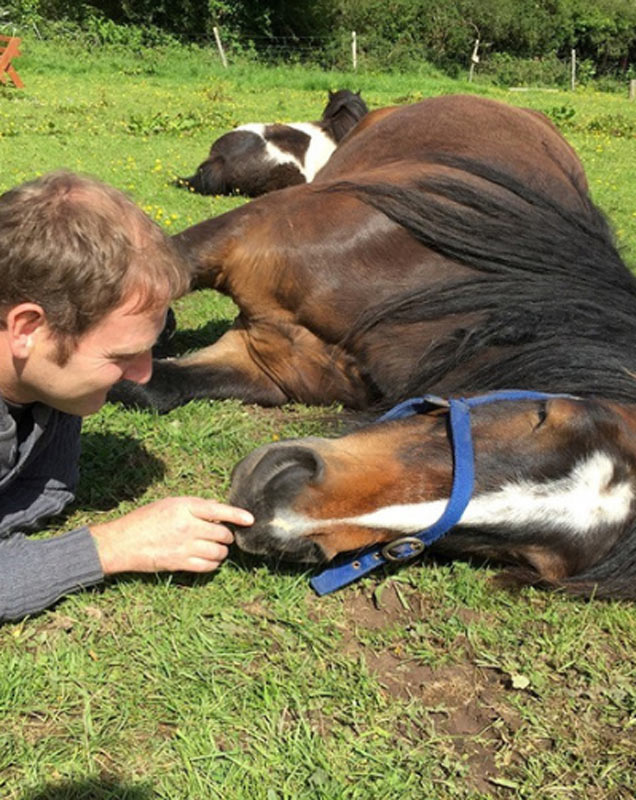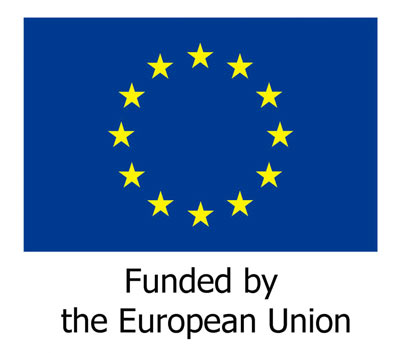Social farming in Ireland

General Description of the Model
Social Farming in the Irish context is based on the use of the ordinary family farm and drawing on the natural assets of the people, the place, the activities and the community in new ways. Social farmers provide planned, outcome-focused and personalised supports to people experiencing challenges in life in their own communities and in a non-clinical and non-institutional setting. The farm remains a working farm at its core and to date, Social Farming generally only happens one or two days per week and the numbers of participants is usually between 1 and 4. It is above all about supporting people to do ordinary things in ordinary places and in doing so, promote social inclusion, build capacity, confidence and independence and improve mental and physical health and well-being. The key beneficiaries of Social Farming supports in Ireland to date are people with disabilities (intellectual, physical, sensory) and people with mental health challenges but participation from other groups including young people, the long-term unemployed, people accessing addiction or homelessness services and refugees is growing all the time.
Current Scale and Status of Social Farming in Ireland
Social Farming in Ireland is in the development and scaling up phase. It is a relatively new concept and practice but the number and diversity of social farms is growing, the network of stakeholders is developing and consolidating and a significant amount of modelling and piloting has taken place. There is no specific national policy on Social Farming but it falls within a number of policy areas and there is now generally a good level of understanding of the model and a positive attitude towards it. The increased interest in and the particular development of Social Farming in Ireland in recent years has been driven by three key factors:
- A set of interlinked government policies and institutional developments in the health, social care and social inclusion sectors, including the emphasis within mental health policy and practice on recovery in the community and on a holistic approach to mental well-being; the emergence of a social model of disability; and the increased use of a person-centred and progressive approach, particularly for people with disabilities, but within most social inclusion work.
- A focus within the agriculture sector on multi-functionality and on encouraging farmers to use the latent assets of the farm in new ways which will increase the economic and social sustainability of farms and contribute to broader rural development goals. Farms in Ireland are generally small by European standards, the family-farm model predominates and there is a high level of dependence on subsidies and off-farm employment, particularly in the more marginal areas of the West and North-West. The Irish Department of Agriculture, Food and the Marine has indeed been to the forefront in supporting Social Farming.
- The push from a range of rural and local development actors with a strong interest and belief in Social Farming and who have been to the forefront in driving its development. These include key staff from Leitrim Development Company, the local development company which has held the contract with the Department of Agriculture, Food and the Marine for the development of a National Social Farming Network (known as Social Farming Ireland) since 2016. Other key actors include prominent agricultural/rural development academics from University College Dublin and a number of key stakeholders from services. Leitrim Development Company also collaborate with three other local development companies to develop Social Farming on a national basis (i.e. Waterford LEADER Partnership Co., West Limerick Resources Ltd., and South West Mayo Development Co.)
From a low-base predominately in the border counties, growth has been significant since late 2016 in particular. Between 2017 to 2020, Social Farming Ireland supported some 700 participants to engage in social farming placements, with participants experiencing almost 10,000 placement days. There are now approximately 100 social farms in every corner of the country where farmers have been trained and mentored to provide supports. Most social farms are small to medium sized holdings, which operate mixed and non-intensive farming systems, although there is growing variety in the type of farms which engage in social farming and some have a significant focus on or specialise in particular areas such as equestrian, horticulture, floriculture or woodland management.
Future Development of Social Farming in Ireland
There is significant and growing demand for Social Farming from potential participants/beneficiaries, their advocates and families and from the services they access across an ever-widening range of sectors. Equally, there is significant capacity and interest amongst already experienced and trained social farmers and amongst future social farmers to provide Social Farming supports to a greater extent than is currently the case. A number of challenges remain in growing to meet demand, including the need to mainstream Social Farming as a more widely available option for people for whom it would be beneficial and the need to secure more reliable and easily accessible funding models to cover the costs of the supports farmers provide, such as is the case in a number of other European countries including the Netherlands, the UK and Norway. Leitrim Development Company and Social Farming Ireland are continually working at the level of policy, research and practice to overcome these challenges and to develop Social Farming further and anticipate significant growth in the coming decade.
Website: www.socialfarmingireland.ie

